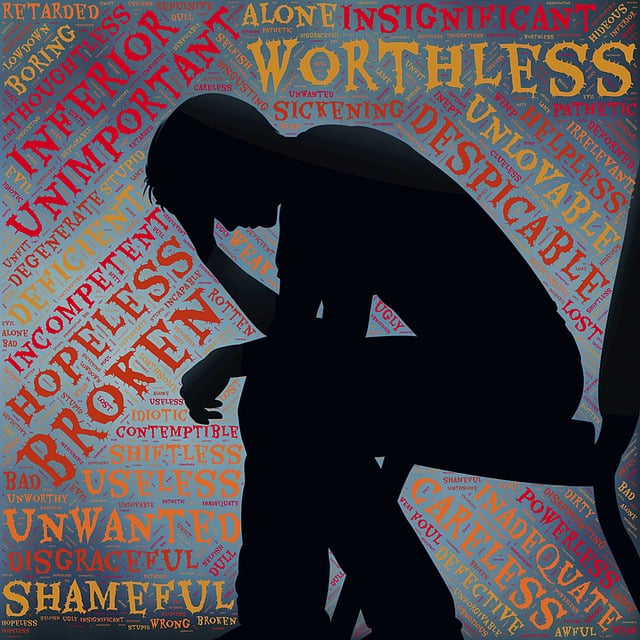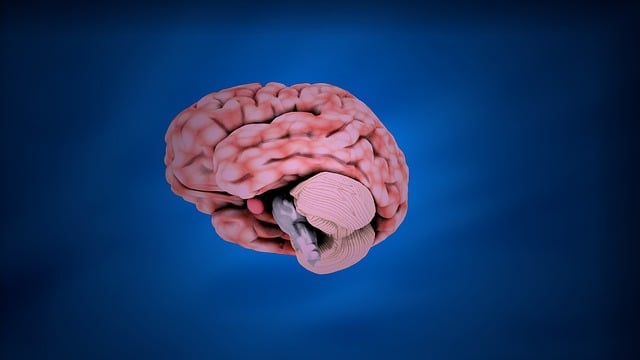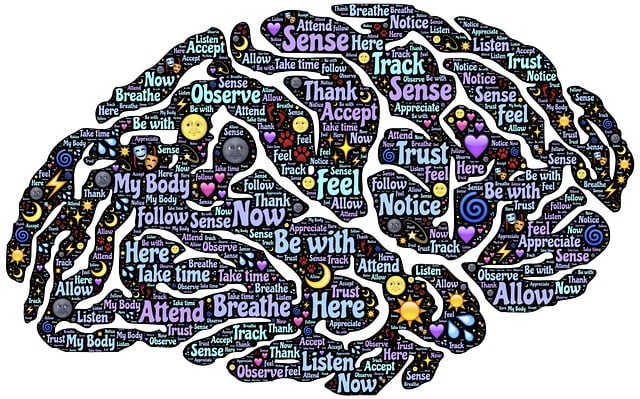Louisville Mental Health Evaluations are key to creating effective mental health education programs. By assessing psychological states and identifying individual needs, these evaluations guide tailored interventions. Therapists in Louisville adapt methods for client-centric sessions using evidence-based techniques like CBT and mindfulness. A robust curriculum focuses on understanding mental illness, self-care practices, and stigma reduction, empowering individuals with tools to manage their emotional well-being. Regular evaluation and feedback mechanisms ensure program optimization based on both quantitative data and participant experiences, enhancing therapy outcomes.
Louisville, like many cities, faces challenges in addressing mental health. This article offers a guide to designing effective education programs aimed at improving mental well-being. We explore the foundational role of Louisville Mental Health Evaluations in tailoring therapy sessions, focusing on best practices and practical techniques. Additionally, we delve into curriculum design, evaluating success through measurable feedback mechanisms. By integrating these components, communities can foster healthier environments and revolutionize mental health support in Louisville.
- Understanding Louisville Mental Health Evaluations: A Foundation for Education
- Crafting Effective Therapy Sessions: Techniques and Best Practices
- Designing Comprehensive Curriculum: Topics and Activity Ideas
- Evaluation and Feedback Mechanisms: Measuring Success and Adaptability
Understanding Louisville Mental Health Evaluations: A Foundation for Education

Understanding Louisville Mental Health Evaluations forms a robust foundation for designing effective mental health education programs. These evaluations play a pivotal role in identifying individuals’ unique needs, be it managing anxiety relief, addressing specific mental illnesses, or fostering emotional intelligence. By employing evidence-based assessment tools, educators can tailor interventions to foster inclusive environments that reduce the stigma surrounding mental illness.
The process involves comprehensive analysis of an individual’s psychological and emotional state, offering insights into their strengths and challenges. This data is instrumental in crafting educational strategies aimed at promoting mental well-being. Through Louisville Mental Health Evaluations, educators gain a clearer understanding of the diverse range of needs within their communities, enabling them to implement programs that cater to both preventive measures and therapeutic interventions for anxiety relief, emotional intelligence development, and comprehensive mental health support.
Crafting Effective Therapy Sessions: Techniques and Best Practices

Crafting effective therapy sessions is a nuanced art that requires a blend of structured techniques and adaptive best practices. In Louisville mental health evaluations therapy, professionals must tailor their approach to meet the unique needs of each client. This involves establishing clear goals at the onset, fostering an inviting and non-judgmental environment, and employing evidence-based methods such as cognitive behavioral therapy (CBT) or mindfulness techniques to address specific concerns. By integrating Emotional Well-being Promotion Techniques, therapists can help individuals cultivate inner strength and resilience while navigating challenges.
Moreover, Mental Illness Stigma Reduction Efforts play a pivotal role in creating an inclusive space where clients feel empowered to share their experiences openly. Therapists should actively work to dispel misconceptions and promote understanding, ensuring sessions are not just therapeutic but also transformative. Through consistent practice and ongoing professional development, Louisville mental health professionals can deliver high-quality care that supports clients in their journey towards improved emotional well-being.
Designing Comprehensive Curriculum: Topics and Activity Ideas

Designing a comprehensive curriculum for mental health education requires addressing various aspects of wellness and well-being. In any program, it’s crucial to start with foundational topics like understanding mental illness, recognizing signs, and promoting early intervention through Louisville Mental Health Evaluations. This should be coupled with activities that encourage open discussions and dispel the mental illness stigma reduction efforts. Incorporate segments on self-care routine development for better mental health, emphasizing the importance of daily practices in maintaining equilibrium.
Moving forward, the curriculum can delve into enhancing self-esteem, a vital component of overall mental well-being. Interactive workshops that focus on building confidence, fostering positive self-image, and teaching coping strategies can be powerful tools. These sessions should be balanced with practical activities such as mindfulness exercises, creative outlets like art therapy, and group discussions to create an engaging learning environment. By integrating these diverse topics and activities, the program aims to equip individuals with knowledge and skills for navigating their mental health journeys effectively.
Evaluation and Feedback Mechanisms: Measuring Success and Adaptability

Effective mental health education programs rely heavily on robust evaluation and feedback mechanisms to measure success and adaptability. These processes are crucial in identifying what aspects of the program are working well and where improvements can be made, ensuring continuous optimization for better outcomes. Louisville Mental Health Evaluations play a pivotal role here, providing quantitative data that highlights the impact of therapy sessions and educational content. By integrating these evaluations into the curriculum, participants’ progress is tracked over time, enabling educators to assess changes in emotional healing processes and mood management skills.
Additionally, qualitative feedback from participants offers valuable insights into their personal journeys and experiences with the program. This feedback allows for a more nuanced understanding of how Trauma Support Services are being utilized and perceived, further refining the educational approach. The adaptability of such programs is enhanced through this dual evaluation method, catering to individual needs while maintaining overall program integrity.
Louisville Mental Health Evaluations provide a robust foundation for designing comprehensive education programs. By incorporating effective therapy techniques, crafting engaging curricula, and implementing robust evaluation mechanisms, we can empower individuals with valuable mental health knowledge and skills. Integrating these best practices ensures that Louisville’s mental health education programs are adaptable, successful, and ultimately, life-changing, fostering better mental well-being within the community.








